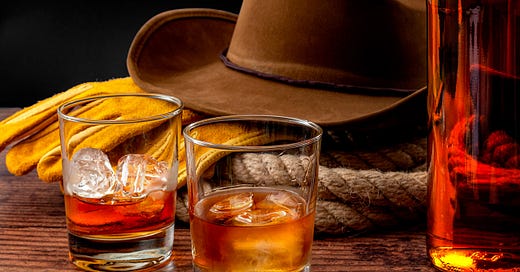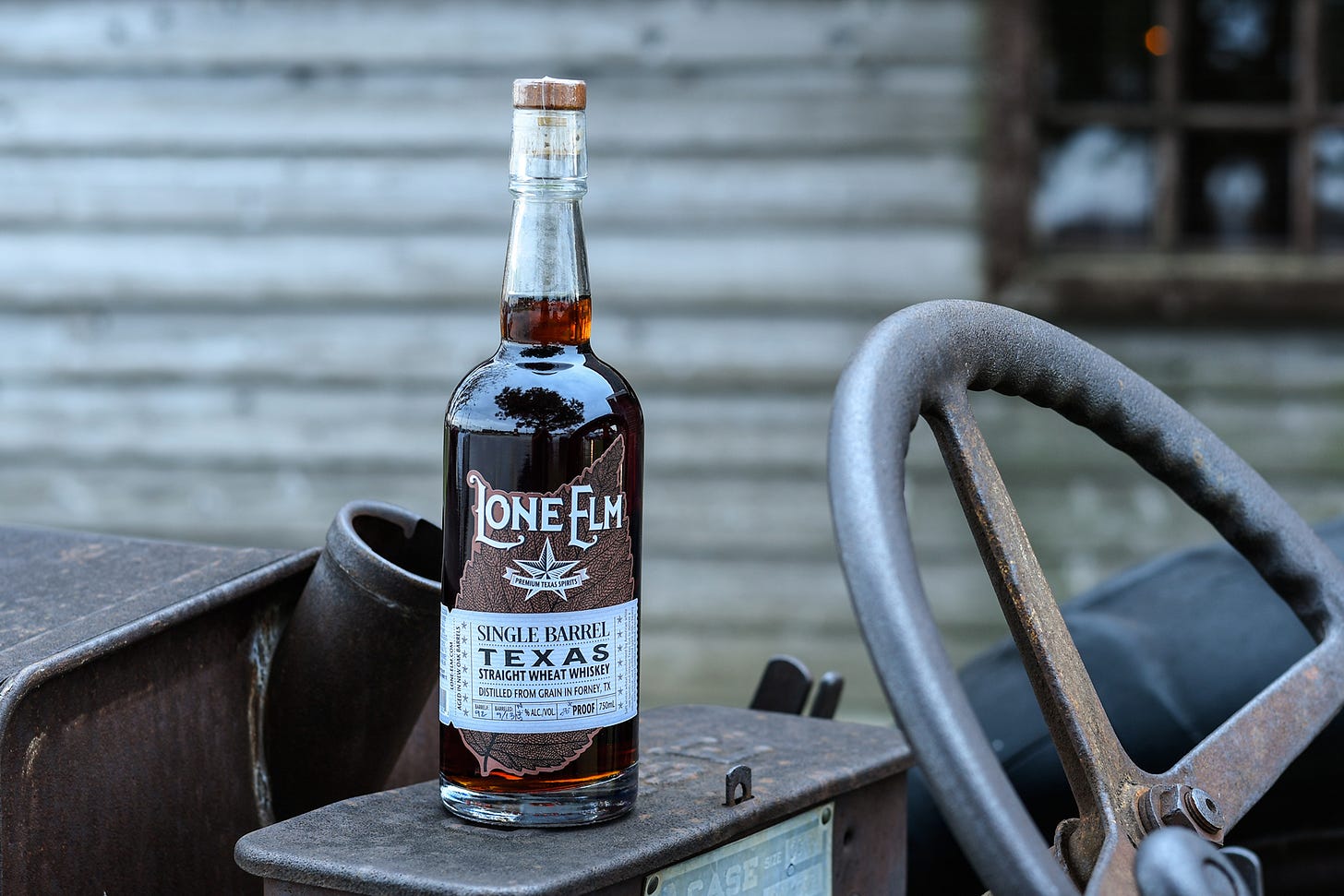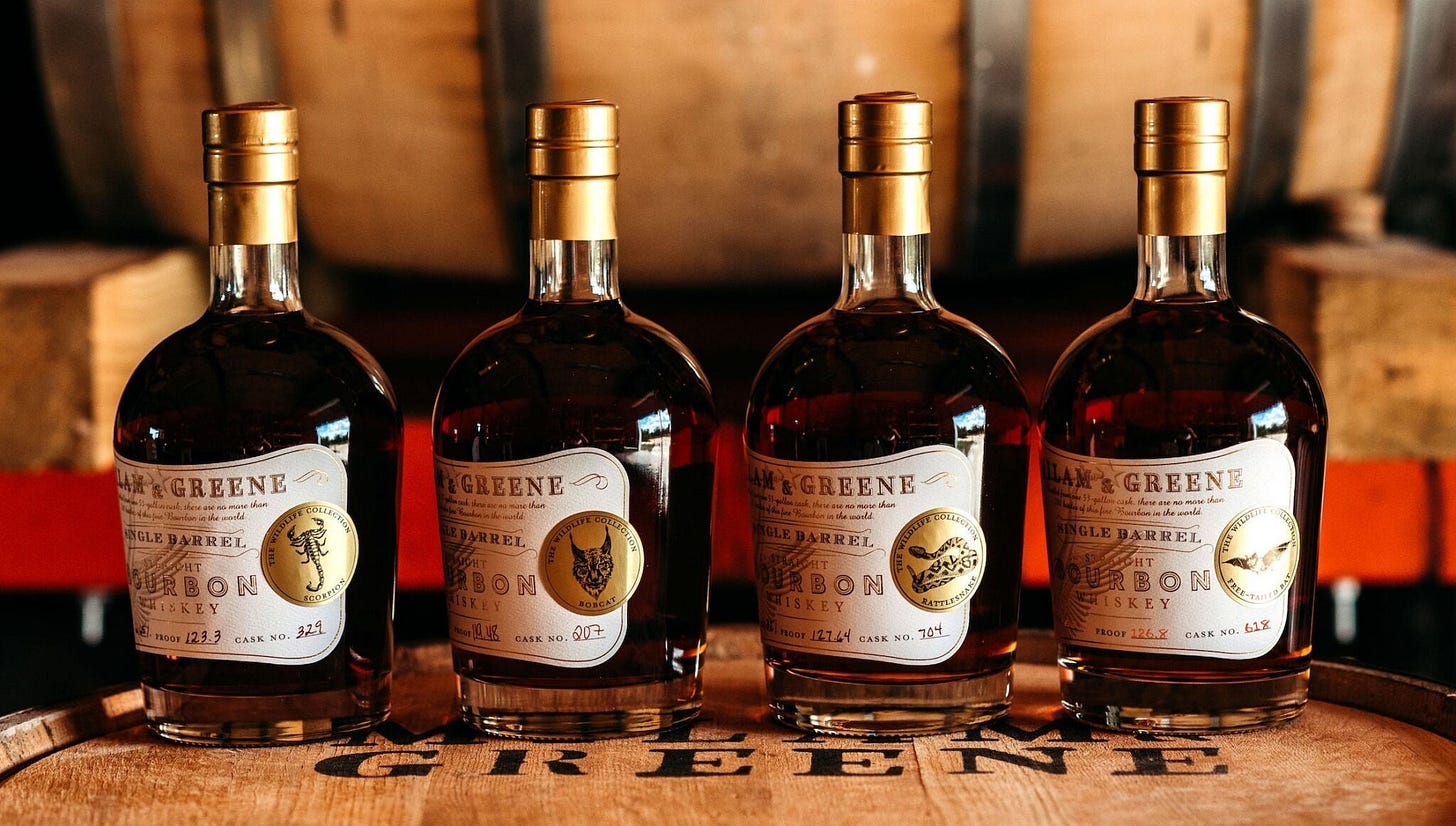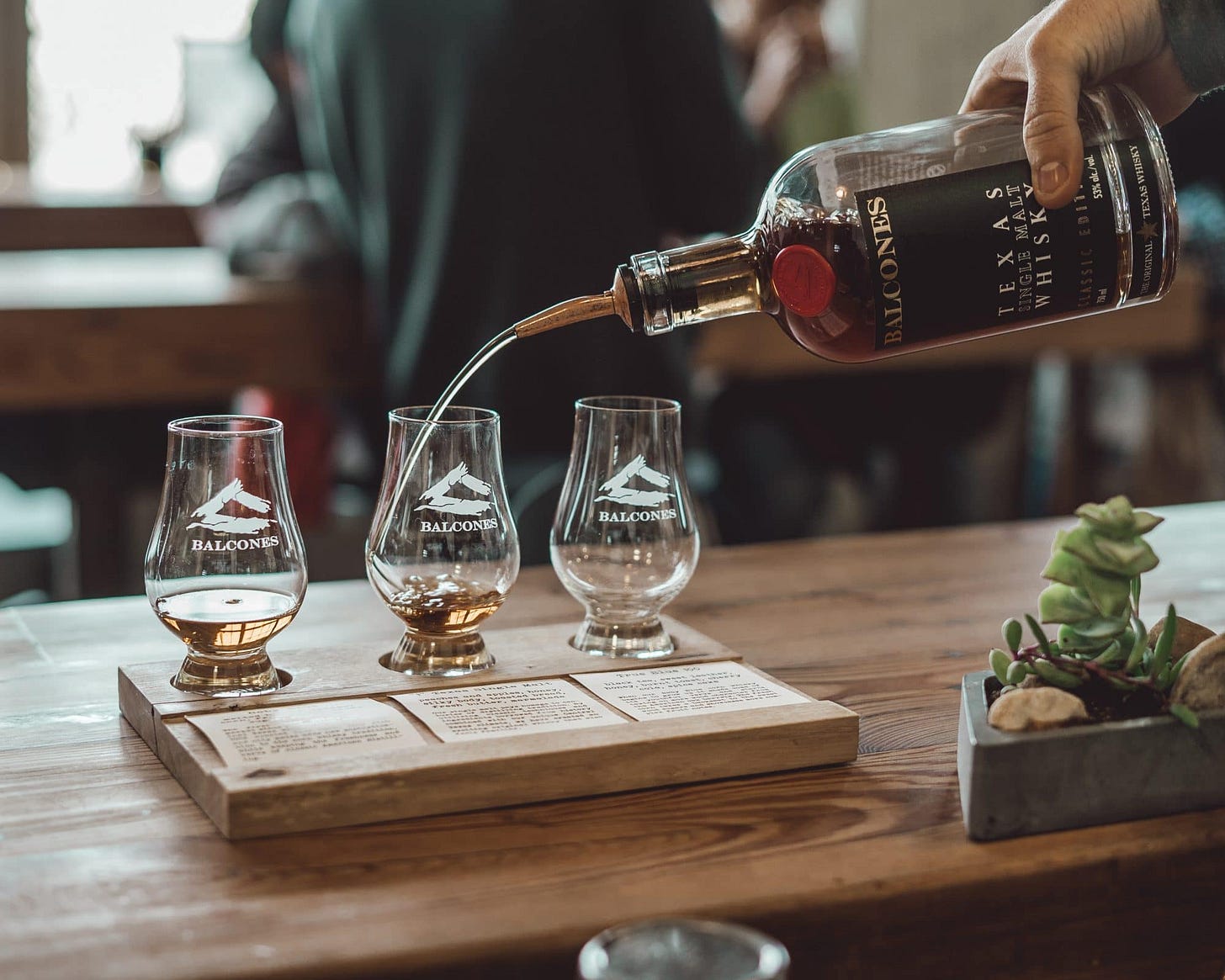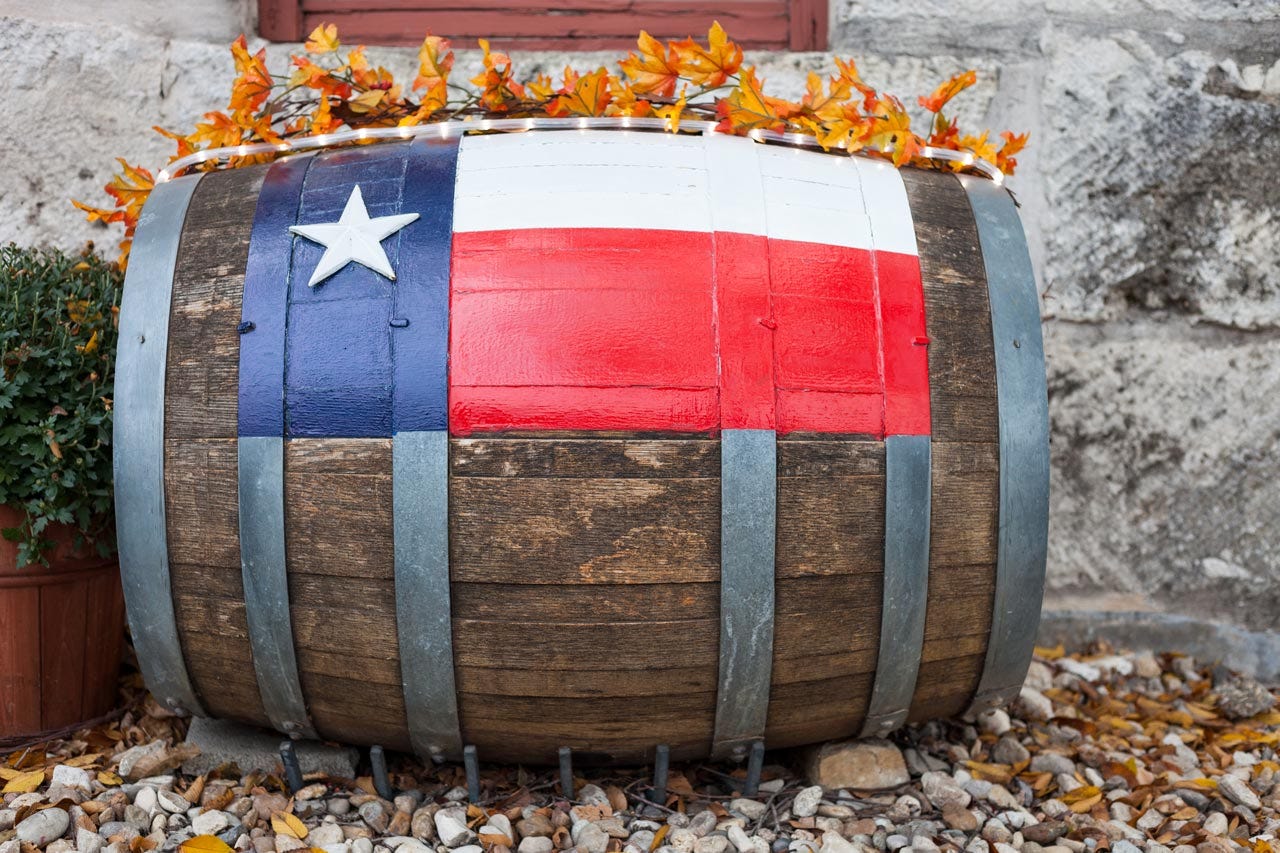Top Five Texas Born Whiskey's for Your Restaurant or Bar
Exploring the Rich Whiskey Heritage of Texas
When it comes to whiskey, Texas might not be the first place that comes to mind, but it's quickly gaining recognition for its unique and flavorful offerings. Let's journey through the Lone Star State and discover five top-notch whiskeys that are making waves in the world of spirits.
When you think of whiskey, regions like Kentucky and Scotland might immediately come to mind. However, in recent years, Texas has emerged as a surprising and dynamic player in the world of whiskey production. But what exactly makes the Lone Star State such a hotbed for whiskey makers? Let's explore the factors that have contributed to this whiskey renaissance in Texas.
Climate Variability
One of the most significant factors contributing to Texas' appeal for whiskey makers is its climate variability. Texas experiences hot and dry summers, with temperature fluctuations that can be extreme. While this might not be ideal for aging whiskey in traditional wooden barrels, it has a unique impact on the aging process. The whiskey undergoes rapid expansion and contraction within the barrels due to temperature changes, leading to increased interaction between the spirit and the wood. This results in a faster maturation process and unique flavor profiles not found in regions with more stable climates.
Unique Terroir
Just as wine is influenced by the soil and climate in which the grapes are grown, whiskey is affected by the terroir of its environment. Texas boasts a diverse range of landscapes and soil types, which can impart distinct flavors and characteristics to the grains used in whiskey production. The use of local grains, water, and even the air's unique qualities contribute to the creation of Texas-specific whiskey profiles that set them apart from their counterparts elsewhere.
Pioneering Spirit
Texans are known for their pioneering spirit and willingness to take risks. This adventurous mindset has attracted individuals and entrepreneurs eager to explore new frontiers in whiskey production. Many Texas distilleries are small, craft operations driven by passionate individuals who are unafraid to experiment with innovative aging techniques, grains, and recipes. This spirit of experimentation has led to the development of distinctive Texan whiskeys that challenge traditional norms.
Here are my picks for best Texas Whiskey
1. Lone Elm Wheat Whiskey by Five Points
Nestled in Forney, Five Points Distilling has been quietly perfecting the art of wheat whiskey. Their Lone Elm Wheat Whiskey is a delightful surprise with its fresh-baked biscuit notes. It's a sweet, sugary delight that's bound to catch mainstream attention soon. Keep an eye out for this one; it's poised to spread like wildfire.
2. Whitmeyer's Single Barrel Straight Bourbon Whiskey
Founded in 2012 by brothers Chris and Travis Whitmeyer, Whitmeyer's Distilling Co. in Harris County has earned a devoted following, especially in Houston. Their grain-to-glass bourbons are a true testament to craftsmanship. What sets them apart is that their bourbon closely resembles the classic Kentucky profile. It's all about heavy, thick chocolate notes here, making it a must-try for any bourbon enthusiast.
3. Milam & Greene Whiskey
This distillery offers a diverse range of whiskeys, each release showcasing its unique characteristics and flavors. Pair this with Heather Green and you have a secret weapon in the future of this distiller. Milam & Greene is making its mark in the Texas whiskey scene and beyond with a commitment to quality and innovation.
4. Ironroot Icarus Straight Corn Whiskey
Denison's Ironroot Republic takes a unique approach to corn whiskey. Instead of using commodity corn, they opt for heirloom and non-GMO varieties. Their limited-release Icarus is aged for two years in peat and port casks, resulting in a whiskey with a smoky and barbecue essence. For those seeking something more widely available, Ironroot's Hubris Corn Whiskey is an award-winning option to explore.
5. Balcones Texas Single Malt Whiskey
Waco's Balcones Distilling made history by putting the first Texas whiskey on liquor store shelves with Baby Blue. However, their Texas Single Malt truly turned them into a craft-spirits sensation and helped establish Texas on the whiskey map. Described as big and bold, it's a whiskey so flavorful that it's almost like a meal. Don't miss the chance to savor this unique Texan creation.
Texas Whiskey vs. Kentucky Bourbon: What Sets Them Apart
Flavor Profile: Due to the climate, Texas whiskeys often exhibit bold and robust flavor profiles. They tend to have pronounced oak notes, along with the influence of the local terroir and grains. Kentucky bourbon, on the other hand, is known for its smoother and sweeter characteristics. It typically carries flavors of caramel, vanilla, and toffee, with a softer overall palate. The difference in aging conditions and grain selection contributes to these distinctive flavor profiles.
Ingredients: Both Texas whiskey and Kentucky bourbon are made from a mash bill that includes corn, but there are differences in the specific grains used. Texas distillers may experiment with various grains to create unique flavor profiles, while Kentucky bourbon must adhere to strict regulations that mandate a minimum of 51% corn in the mash bill. This requirement contributes to the sweetness commonly associated with bourbon.
Aging Time: Due to the rapid aging in Texas, some Texas whiskeys can achieve a mature flavor profile in a shorter time compared to Kentucky bourbon, which often requires several years of aging. This shorter aging time can make Texas whiskeys more accessible for newer distilleries looking to enter the market.
Production Size: While both Texas and Kentucky boast a mix of large and small distilleries, Texas has seen a surge in small craft distilleries in recent years. Many Texas whiskey makers are boutique operations focused on experimentation and craftsmanship. In contrast, Kentucky is home to some of the world's most renowned and established bourbon distilleries, producing on a larger scale.


